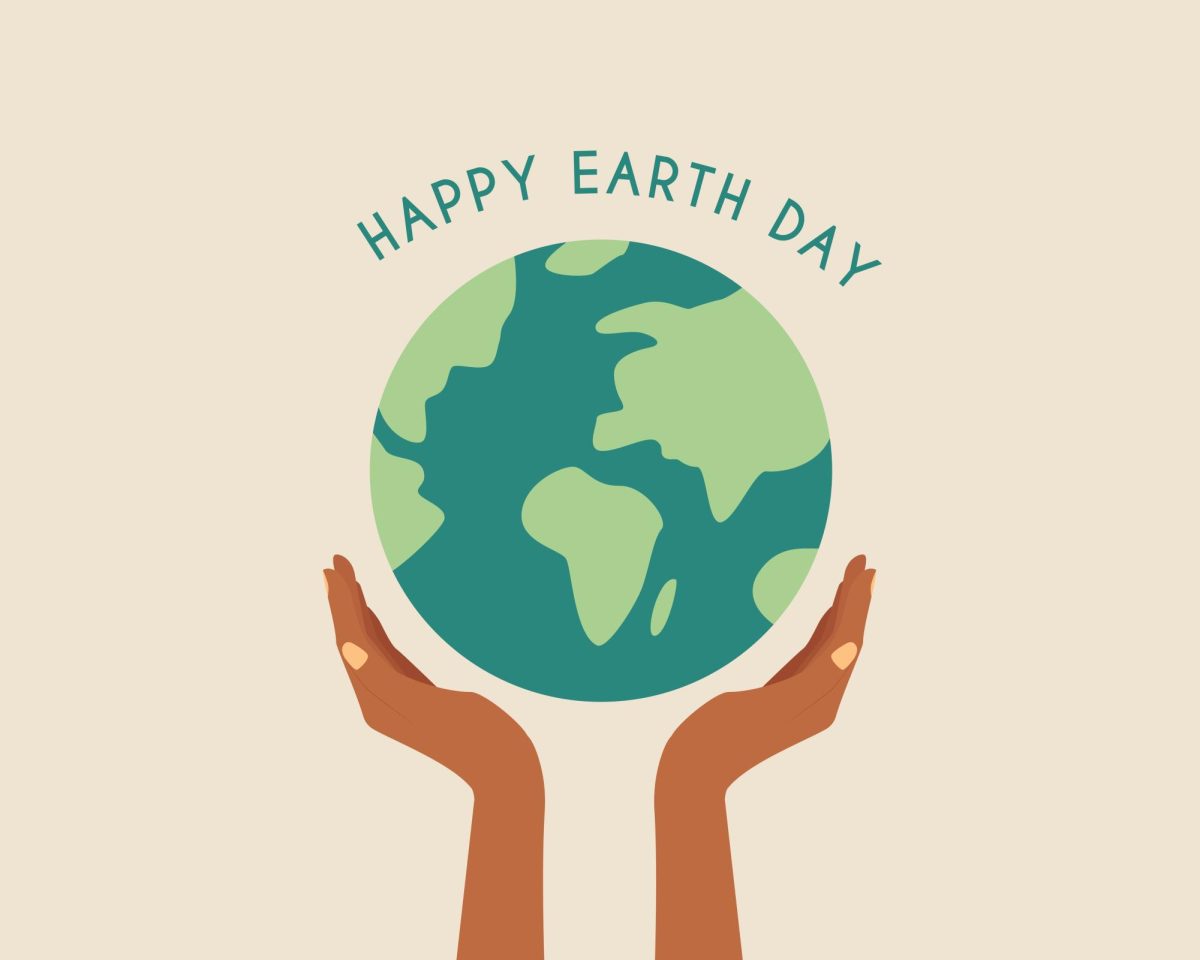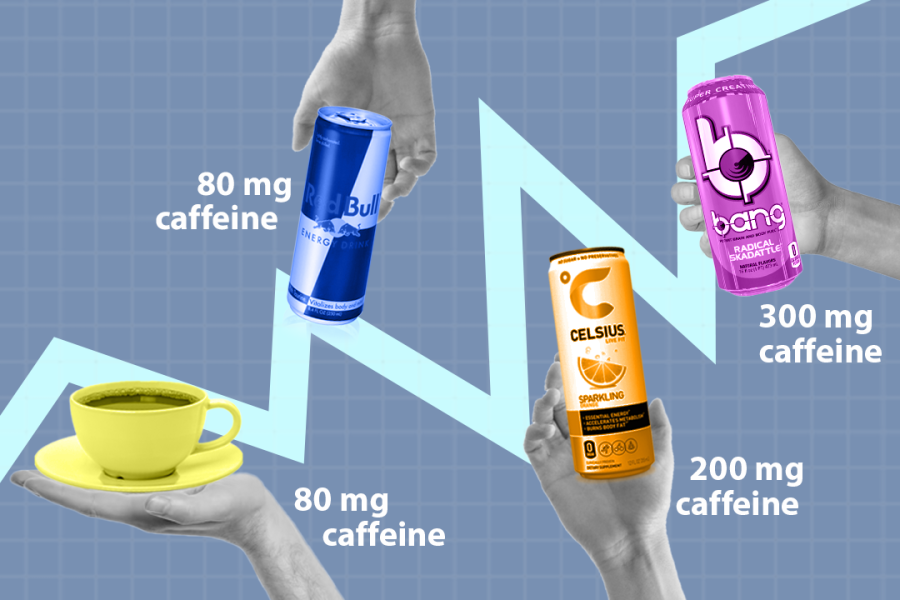The war on drugs has effectively led society into a stalemate fueled by radical 70s political views and ignorance. In 1971, Richard Nixon officially stated that drug abuse was the most important issue in America — not the young men fighting a one sided war in Vietnam or the systematic racism and misogyny of the 70s. The anti-drug campaign was a relatively small political issue until the 80s, when Ronald Reagan took up arms against drugs fully — with his wife fronting the “Just Say No” campaign, a campaign targeted at young Americans, dedicated to abstaining from all substances. This campaign was a front for the government to act like they knew how to handle the issue, when they really didn’t. “Just Say No” focused on deterrent methods to prevent addiction from occurring, but neglected the concept of drug treatment and giving accurate information about substances — substituting a clear solution for rapid criminalization, an issue that plagues our country to this day. Fixing the issue of the drug crisis isn’t a simple black and white thing, but denying that the war isn’t ‘over’ yet does us no good — instead, as a country, we should adapt to the changed climate that we currently encumber. The article you are about to read in no way shape or form encourages the usage of drugs and does not mean to put it in a good light, however it does focus on the changing of governmental policies to fix our drug crisis through the legalization and moderation of these substances.
The U.S’s rampant war on drugs has always been disguised as to protect the kids, however has been clearly a failure — with “more than 2200 adolescents fatally [overdosing] during [2019-2021], 96% of whom were teens aged 15 to 19 years” (Dr. Marie Sartain). DARE has never really worked, because the government has not been tackling the right issue. Our government’s solution to most problems has always been cowardly — running away and enacting bans that do more harm than good, the prohibition being a prime example of this. During prohibition, alcohol was strictly illegal — however, people were still getting their hands on alcohol; typically through illegal moonshining, leading to dangerous alcohol being consumed by the lower class who couldn’t afford paying a smuggler to get them imported alcohol. The U.S government eventually caved in and lifted prohibition once they realized the money they were missing out on a taxed market, losing eleven billion tax dollars during the prohibition. In the context of drug culture in modern America, contaminants are prevalent within drugs pushed by dealers. The drug issue in America is not an abstinence and contact problem, abstinence has not worked and the forbidden-fruit complex is a reality — the drug issue is purely based on the lack of moderation and examination of product.
LSD and ecstasy are ‘non-addictive’ hallucinogenic drugs, typically used within party and festival scenarios. When thinking of these substances, the idea of overdosage is not really conveyed — but overdoses on these substances can occur. The leading issue, once again, is contamination within these drugs — with fentanyl being the cause of death from lacing. However, a new concept has been prevalent within these festivals: drug testing. Instead of trying to deter the usage of these party drugs, nonprofits like The Loop attend these festivals and set up tents to examine the contents within any drug a festival-attendee comes to – showing the user what is actually in what they’re taking, quite literally saving lives.
While hallucinogens are considerably less dangerous than opiods, there are still ways to moderate these. Death from heroin and other injected drugs typically occurs because of the user — hence accidental overdoses or someone choking on their own vomit. The most obvious solution is the hardest one — to end heroin usage and addiction, but within our current situation, the possibility of this is barely in sight. One solution that has been prevalent in Europe is the idea and placement of Supervised Injection Sites; places where users can inject in a safer environment. We often forget that addicts are people with the same rights as ours and deserve to be treated as humans, addiction is hell and one that you can’t escape overnight — this small solution gives addicts an environment where they feel humanized. These sites are sterile and monitored and there has been no recorded deaths that have happened in these facilities. In these sites, people bring their own drugs, but the sites provide them with “syringes, alcohol wipes, straws for snorting, other paraphernalia and, crucially, oxygen and the opioid-overdose-reversing drug naloxone” (PBS).
Addiction and drugs, as an issue, are very complicated — but the fact that they are prevalent in our society is not something that you can argue against. The war on drugs lost drastically and the best solution is to adapt to the climate of society, providing aid to people who are using — not encouraging the usage of these substances, but making sure they are safe so we can prevent as many unneeded deaths as we can. Addicts are still humans and deserve to be treated as such, not as lesser-beings undeserving of basic empathy.










